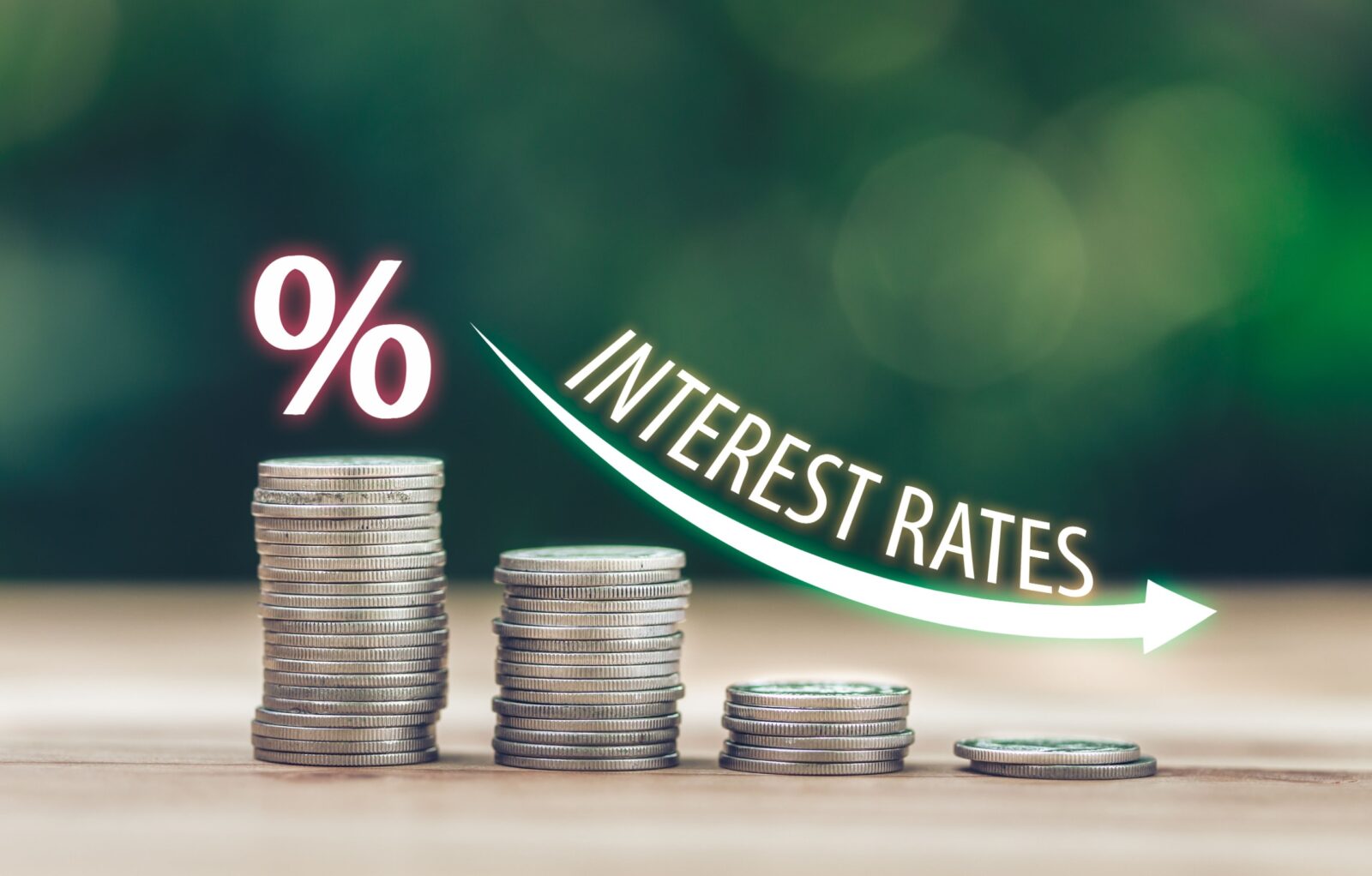When I graduated from college, I didn’t know a thing about money. It’s amazing looking back. There I was with…
Lower interest rates can seem like a win for borrowers, making loans and mortgages more affordable. But there’s a less obvious side to this story—one that can impact your savings and long-term financial plans. Understanding the hidden downsides of low interest rates is key to making smarter money decisions, especially when it comes to saving for the future.
Have you ever looked at your bank account and wondered, “Where is all my money going?” You’re not alone. Many of us are feeling the strain as prices rise, making it harder to stretch our dollars. In this blog, we’ll explore why things are getting so expensive, how to take a “financial checkup,” and steps you can take today to regain control of your money.
Is now a good time to invest? It’s arguably the most common question that crosses investors’ minds when considering entering the stock market. The reality is, the stock market is inherently unpredictable. Attempting to time the market (market timing) is an incredibly challenging task, often proving to be elusive, if not entirely impossible, over the long term. Therefore, if you’re considering investing, the initial question shouldn’t revolve around the timing of the market. Instead, the primary focus should be directed towards defining the purpose of your investment.
It’s a new year and the perfect time to reflect on your financial habits and set the stage for a more secure and prosperous future. Whether you’re aiming to build an emergency fund, pay off debt, or invest for the long term, taking control of your finances requires a thoughtful and strategic approach.
Updated November 30, 2024 I love the holidays. I love Christmas shopping and gathering with friends and family. And I…
Taking care of your personal finances is like taking care of your health. And both are important to maintain a good quality of life. Taking good care of your finances can have such a positive impact on your quality of life. The more you save and invest, the more control you have over your life, both in the present and future. The good news is you don’t need to be an expert in finance or economics to be successful. The most important factor in financial success is behavior. Your actions have the most impact on your financial wellbeing.
Buying home in this housing market can be stressful and frustrating. Housing prices are at historical highs. Mortgage rates have increased significantly. And you may find yourself asking, “Is it a good time to buy a house?” or “Should I wait to buy a house?” Deciding when to buy a new home is an important financial decision that should be based on careful consideration of your personal circumstances.
While the past few years haven’t necessarily been easy for anyone, there is some good news on the financial front. Why is that? Well, there are more investment opportunities now than ever before with options that are in reach for everyone. And the best part of it all is: You have control over your financial future, especially when you take the time to learn more about investing.
How do you know if your investments are performing well? One obvious measure is if you are making money. After all that’s why you invested in the first place. But there are other factors to consider. Are they performing as well as other investment options? Are your gains consistent year over year? What if your investments are down? Could you have done something different? What is a reasonable expected return?










